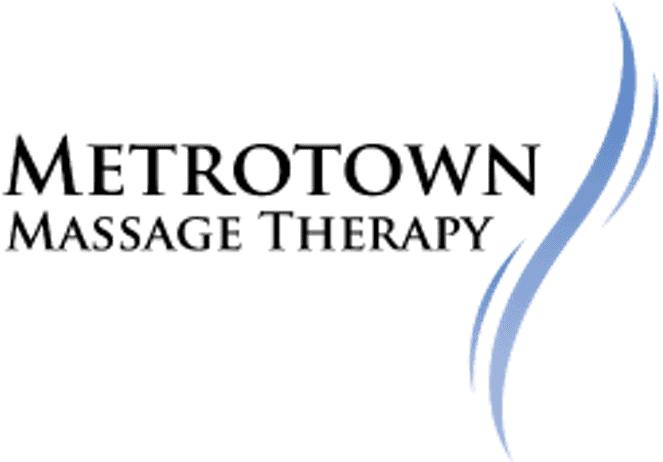Massage Therapy During Pregnancy: The Benefits for You and Your Baby
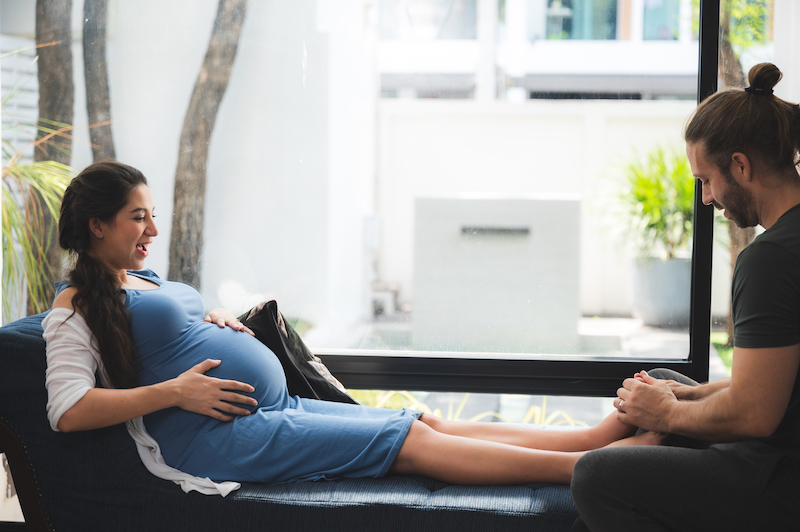
Registered massage therapy (RMT) is one of the most beneficial types of treatment for expectant mothers who are experiencing muscle tension and pain caused by pregnancy.
Carrying a baby inside the womb for nine months exerts a lot of pressure on the neck, shoulders, and low back which can cause much discomfort during a pregnancy term. RMT has shown to relieve stress and tension related to pregnancy and help women feel comfortable as they carry out their day to day activities during their pregnancy.
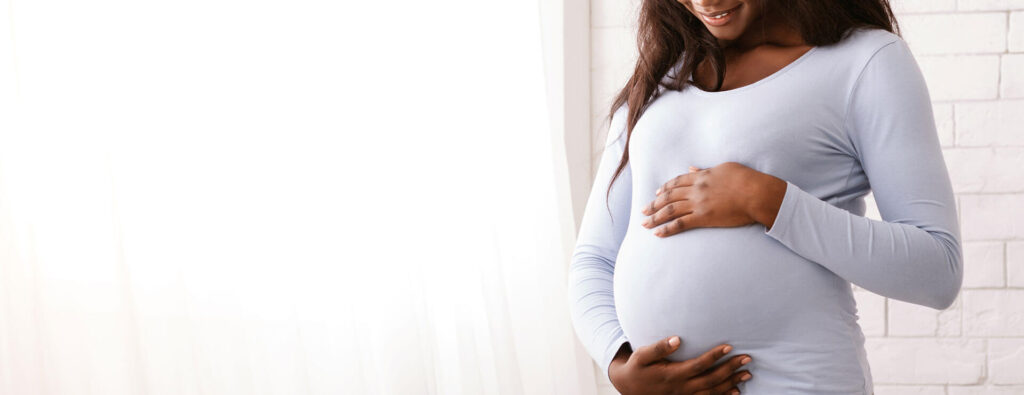
Important Safety Considerations to Keep in Mind When Receiving Massage During Your Pregnancy
You may be wondering if RMT is a safe treatment to try while being pregnant. Before scheduling an RMT appointment, you should consult your doctor to see if RMT is safe and suitable for you during your pregnancy or if there are specific guidelines you or your RMT need to follow to protect yourself and your baby.
Although RMT can help promote relaxation and pain relief for many expectant mothers, it is not a safe treatment for everyone. For example, if your pregnancy is considered high-risk or if your doctor believes that certain techniques used by an RMT may cause contractions and induce premature labour, RMT may not be suitable for you during your pregnancy.
As well, it is recommended to avoid RMT during the first trimester of pregnancy since it carries an increased risk of a miscarriage and may trigger dizziness or morning sickness among expectant mothers.
What to Expect With Your Massage Therapist During Pregnancy
To ensure that you and your baby are safe during your massage, your RMT will usually carry out the massage by asking you to lie on your side, as this is the safest position for pregnant women to be in.
Gentle pressure will be applied by your RMT to your back and shoulders or area of concern.
Two areas that RMT’s may avoid deep tissue massaging if pregnant are the belly and legs.
Since your blood volume increases when pregnant, blood flow in your legs may slow down and deep tissue work could dislodge blood clots.
This may lead to varicose veins which are displayed through enlarged and swollen veins that are often blue or purple in colour.
Always remember to communicate with your RMT to stop if the massage starts to hurt or if you are in pain.
Although RMT can help promote relaxation and pain relief for many expectant mothers, it is not a safe treatment for everyone.
What If Your Pregnancy Is Considered High-Risk?
For example, if your pregnancy is considered high-risk or if your doctor believes that certain techniques used by an RMT may cause contractions and induce premature labour, RMT may not be suitable for you during your pregnancy.
As well, it is recommended to avoid RMT during the first trimester of pregnancy since it carries an increased risk of a miscarriage and may trigger dizziness or morning sickness among expectant mothers.

Common Pregnancy Conditions that May Cause Pain
As part of your pregnancy, there are many side effects you may experience that can cause pain or discomfort.
One of them is edema, more commonly known as swelling.
Edema is caused by excess fluid being trapped in the body’s tissues and can affect any part of your body; including the ankles, feet, and arms. RMT can be beneficial for those with edema.
The deep and firm pressure that is applied to the affected area will help to stimulate the lymphatic system, allowing for increased lymph flow and reduced swelling.
As well, it is recommended to avoid RMT during the first trimester of pregnancy since it carries an increased risk of a miscarriage and may trigger dizziness or morning sickness among expectant mothers.
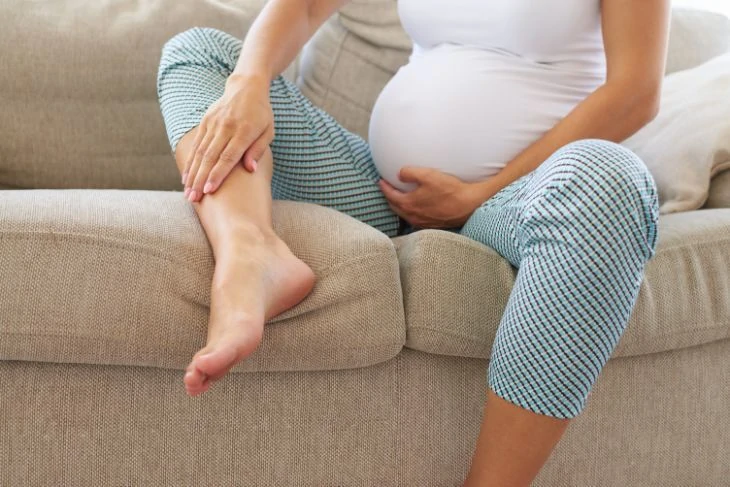
Sciatic nerve pain is another common pregnancy condition that many women experience, especially in the third trimester of their pregnancy.
Sciatica is caused by the irritation of the sciatic nerve, which is located next to the spinal cord in the low back and runs all the way down the legs.
Sciatica can arise during pregnancy due to the expanding uterus putting pressure on the sciatic nerve and causing sharp, shooting pain to occur on the low back and radiate down the legs.
An RMT can help to relieve the discomfort around the sciatic nerve and will even suggest certain stretches that may help.
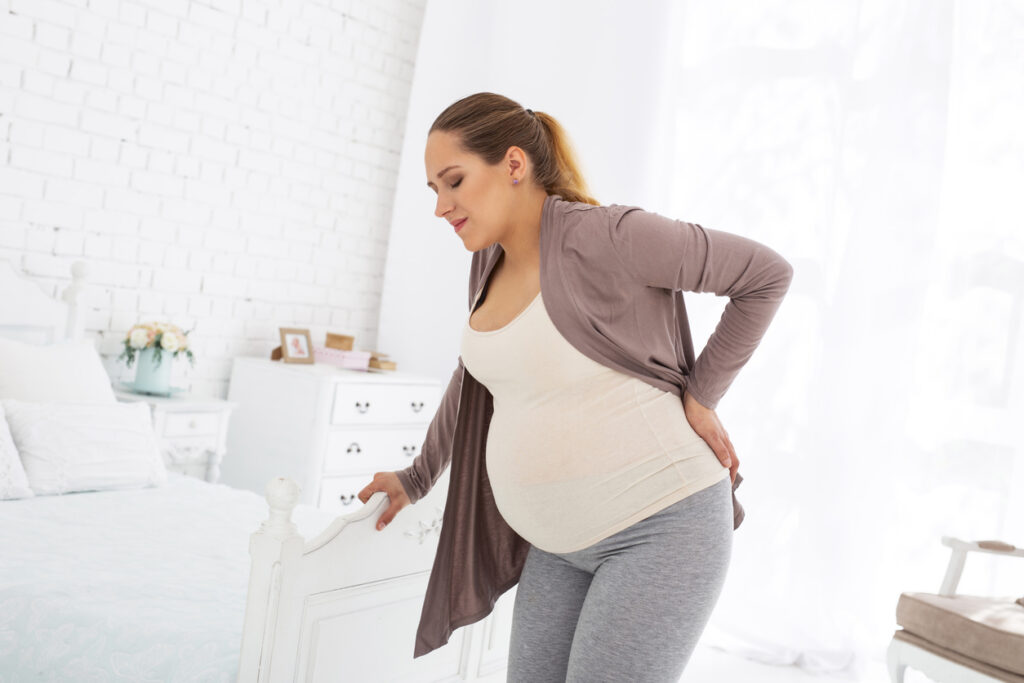
Pregnancy can also result in many hormonal changes in a woman’s body and lead to heightened anxiety or depression.
Not only that, there are many lifestyle changes that are taking place that will alter your way of living and this can be the cause of additional mental health outcomes.
This may affect your overall wellbeing and ability to carry out everyday activities.
RMT works to promote the release of hormones associated with relaxation and stress relief, and allows for a reduction in symptoms related to anxiety or depression.
Sciatica is caused by the irritation of the sciatic nerve, which is located next to the spinal cord in the low back and runs all the way down the legs.
Sciatica can arise during pregnancy due to the expanding uterus putting pressure on the sciatic nerve and causing sharp, shooting pain to occur on the low back and radiate down the legs.
An RMT can help to relieve the discomfort around the sciatic nerve and will even suggest certain stretches that may help.
Why you May Need to Seek an RMT During Your Pregnancy
Parents-to-be are often recommended to get as much sleep as they can before their little one arrives, however, the physical changes that take place during pregnancy can have a great effect on an expectant mother’s sleeping pattern and habits.
Receiving regular massages while pregnant will help to relieve tense muscles and improve your ability to fall asleep and stay asleep throughout the night.
The combination of physical and mental challenges that you may experience during pregnancy can also take a toll on your energy levels and leave you feeling tired and drained at the end of each day.
The reduction of stress and muscle tension that is achieved through regular massages improve blood circulation and in turn give you more energy throughout the day.
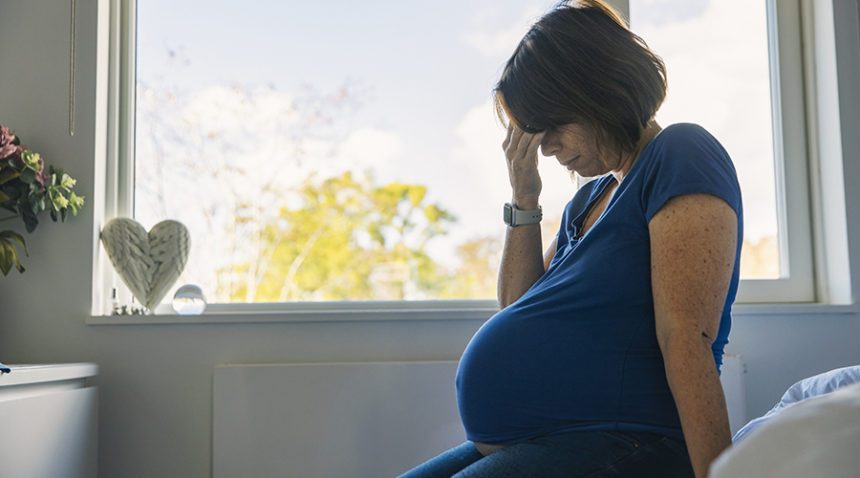
Going into labour can be scary due to the anticipated pain and possible complications that can arise.
RMT can help to reduce labour pain during childbirth.
This is due to the massage’s effect of stimulating the release of endorphins, your body’s natural pain reliever.
They are released into the bloodstream during a massage and behave as a pain regulator and promote deep relaxation.
RMT Postpartum Benefits
The benefits of RMT for expectant mothers are not only limited to the duration of their pregnancy term.
RMT can also have amazing effects postpartum and help mothers who have recently given birth recover.
Make sure to ask your doctor when it is safe for you to resume RMT after you have your baby.
The process of giving birth exerts a lot of strain on a woman’s body and can lead to muscle strains or spasms on the back.
This may then make walking, exercising, sleeping, sitting, and standing a challenge.
RMT can help to relieve this tension through the application of gentle pressure and rubbing on the affected area, promoting blood flow and relaxing the muscles.
Having a baby is one of the most exciting and memorable moments in a woman’s life.
However, postpartum depression can alter the experience for many and lead to feelings of loneliness and isolation after a baby’s birth.
It is important for mothers to look after themselves during this time and RMT is a treatment that can help with this.
RMT provides relaxation and stress reduction which can limit the feelings of depression post pregnancy.
Giving birth via a c-section is a major surgery that can lead to scarring and limited mobility until you are fully healed.
Everyday activities such as picking up your baby or getting out of bed may be difficult and cause discomfort.
By visiting an RMT regularly after approval from your doctor, you will see that gentle treatment over time will provide you with relaxed muscles that lead to an increased range of motion and noticeable improvement in your overall well-being after birth.
In Conclusion – Massage Therapy During Pregnancy: The Benefits for You and Your Baby
Pregnancy is an exciting and life changing experience for a woman.
Although the physical and mental changes that occur in a woman’s life during and after her pregnancy term can be stressful and frightening, RMT has the potential to promote relaxation and provide new mothers with endless advantages that will help improve their everyday life.
By working on a regular basis with your RMT, you will be sure to see positive results to your overall well-being and experience a moment of rest among the new adjustments that come along with having a newborn.
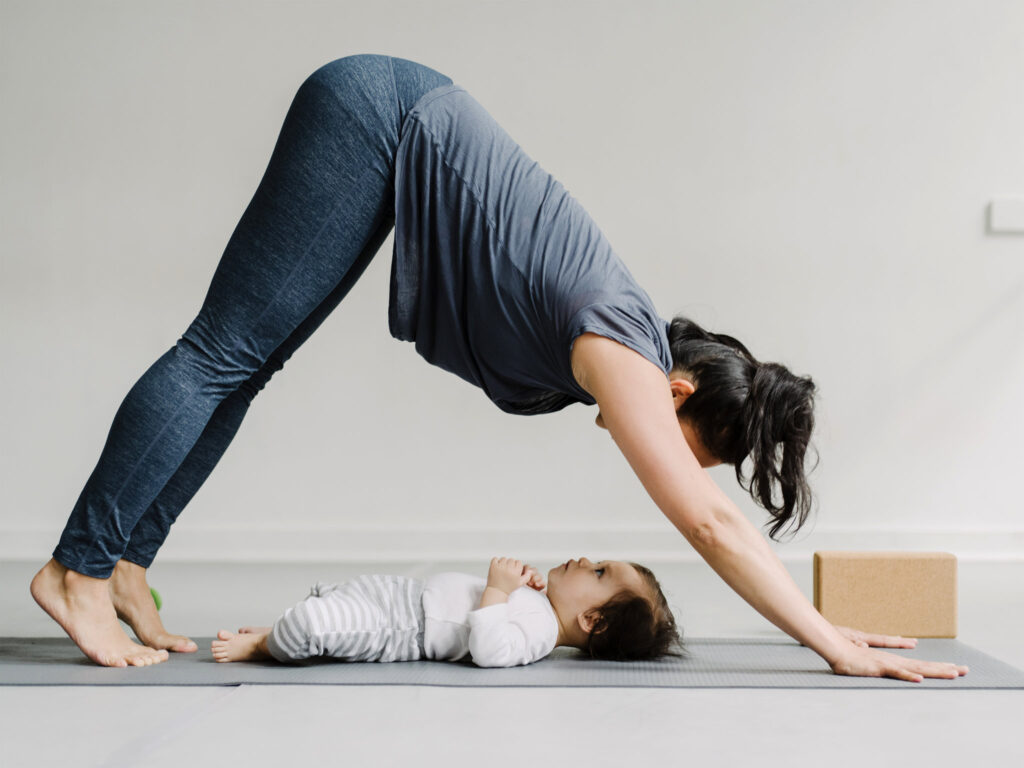
If you are pregnant and would like to start enjoying the benefits of RMT, please contact our office and we will be happy to assist you in scheduling an appointment with one of our RMT’s!
